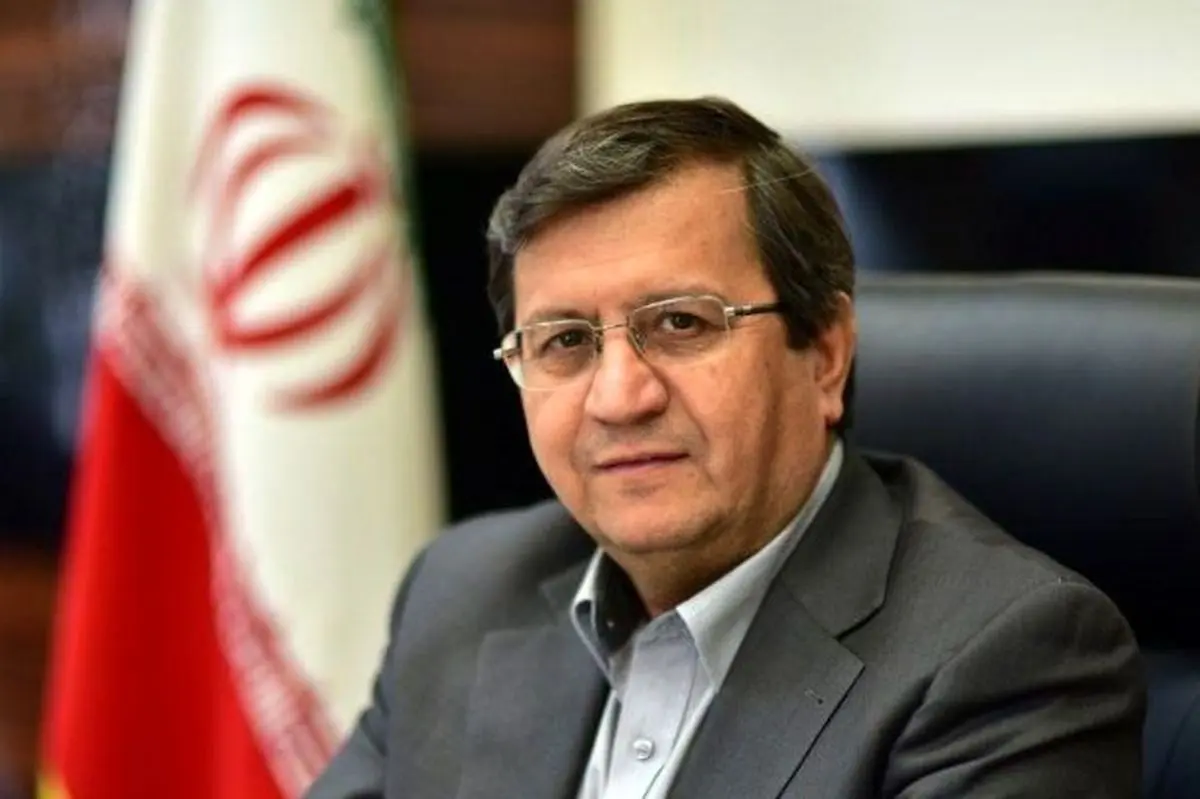CBI chief: Iran's inclusion in FATF blacklist, unlikely

Governor of Central Bank of Iran (CBI) Abdolnaser Hemmati believes it is unlikely for Tehran to be included the blacklist of the Financial Action Task Force (FATF).
Even if such a thing happens, Hemmati told reporters on the sidelines of an annual session on economic resistance in Tehran on Tuesday, the rate of foreign exchange in Iran will not be affected.
Speaking about the rate of inflation, the official expected the figure to drop to minus 20 percent, based on predictions, for the next Iranian calendar year to start on March 20.
The CBI aims to control the inflation rate, the chief said, adding that none of the experts anticipates the inflation rate to rise above 20 percent.
Some, on the pretext of FATF six-day meetings started on Feb 16, try in vain to inflame the market of foreign exchange, the CBI chief noted.
In late December 2019, had Hemmati said that not joining the FATF will have a negative impact on Iran's banking transactions.
Financial Action Task Force (FATF) introduces itself as an inter-governmental body established in 1989 by the Ministers of its Member jurisdictions. The objectives of the FATF are to set standards and promote effective implementation of legal, regulatory and operational measures for combating money laundering, terrorist financing and other related threats to the integrity of the international financial system. The FATF is therefore a “policy-making body” which works to generate the necessary political will to bring about national legislative and regulatory reforms in these areas.
In related development, a number of Iranian lawmakers on December 25, 2019, asked the Supreme Leader to order facilitation of approval of the four bills about FATF now under investigation by the Expediency Council.
The Islamic Republic's Expediency Council is charged with deciding whether or not a law forwarded by Majlis (Parliament) to it after changes demanded by Guardian Council complies with regulations.
END
